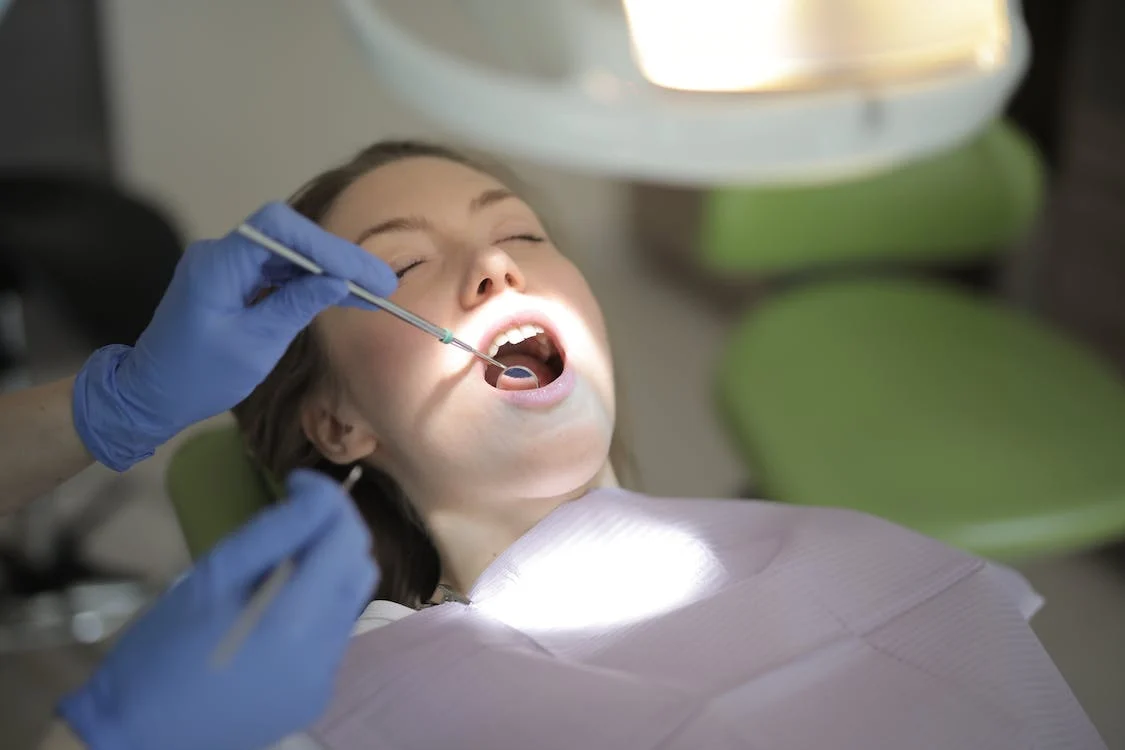Image Credit: pexels.com
Do you have teeth gaps that make you feel self-conscious? If so, you’re not alone. Millions of people around the world have teeth gaps, and they can be a source of embarrassment and discomfort.
There are a number of different ways to fix teeth gaps, but one of the most popular and effective methods is to use aligners. Clear aligners are a type of orthodontic appliance that is made from a clear, flexible material. They are designed to fit snugly over your teeth, and they gradually move your teeth into the correct position over time. They are made of a clear, durable plastic material that is custom-moulded to fit your teeth. Unlike traditional braces, clear aligners are removable, which means you can take them out when you eat, brush your teeth, or floss. Because of this, they are more practical and simpler to keep up with dental hygiene.
If you’re considering getting clear teeth aligners to fix your teeth gaps, there are a few things you need to know. First, clear aligners are not a miracle cure. They will take time and effort to work, and you will need to be committed to wearing them as instructed. The best way to figure out the course of time required to fix your teeth gaps or a bad bite is to talk to your orthodontist. They will estimate the course of time depending on the severity of your orthodontic issue, your goal and other factors.
There are several reasons that have made teeth aligners the most popular choice of people around the world. The discretion of clear aligners is one of their main advantages. They are virtually invisible, which means you can wear them without anyone noticing. This is especially important for adults who may not want to wear traditional braces that are noticeable and can affect their professional appearance. With teeth aligners, you can straighten your teeth without anyone knowing.
Another benefit of teeth aligners is their ability to control and aid in opening up deep bite malocclusions. Deep bite malocclusions occur when the upper front teeth overlap the lower front teeth significantly, causing wear and tear on the lower teeth, jaw joint, and soft tissues. Clear aligners can help to open up the bite, reducing the overlap and improving the function and health of your teeth.
Let us briefly walk you through all the benefits of using makeO toothsi clear aligners to fix teeth gaps.
Here are some of the benefits of using clear aligners from makeO toothsi to fix teeth gaps:
Clear aligners are virtually invisible, so you can wear them without anyone even knowing that you’re straightening your teeth. This can be a huge advantage if you’re self-conscious about your teeth gaps.
Clear aligners are made from a soft, flexible material that doesn’t cause any pain or discomfort. You can wear them all day long, even while you’re eating and drinking.
The cost of clear teeth aligners from makeO toothsi is significantly lower than the cost of traditional braces. This makes them a more affordable option for people who want to straighten their teeth.
Clear aligners from makeO toothsi are just as effective as traditional braces at straightening teeth. In fact, a recent study found that clear aligners were just as effective as traditional braces at closing teeth gaps.
Final Takeaway:
If you are uncomfortable with teeth gaps, clear aligners are an effective and convenient option for correcting the issue. They are discreet, easy to use and help achieve desired results faster. At makeO toothsi, we offer custom-made clear teeth aligners that are tailored to your specific needs. Our team of experts will work with you every step of the way to ensure that you get the best possible results. Say goodbye to teeth gaps and hello to a perfect smile with clear aligners from makeO toothsi.
Also Read: Tips to Deal with Shoulder Pain










